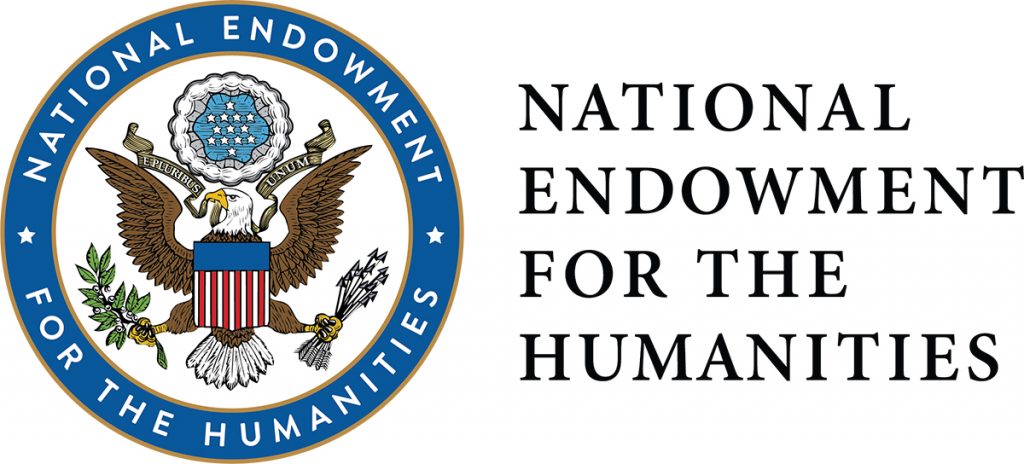By Carol Brochin, Leah Durán, and Kathy G. Short, University of Arizona
This past summer, faculty in the College of Education at the University of Arizona virtually hosted a seminar for K-12 teachers sponsored by the National Endowment for the Humanities. Drawing teachers from across the U.S., we looked at the histories and movements of people in what is now Arizona and considered ways to invite students of all ages into our inquiries. Our institute, We the People: Migrant Waves in the Making of America, challenged the perception that migration is a recent negative phenomenon. This two-week virtual institute explored the continuous waves of migration in the U.S. through a case study of Arizona, the last continental state added to the union. We were particularly concerned with the stories often left out of traditional narratives of U.S. history, which are traditionally rooted in the thirteen colonies and so erase the experiences of Black, Indigenous, Latinx and other communities of color. Through interactions with narratives, authors, scholars and museums, our goal was for educators to gain knowledge and strategies to support their teaching by using inquiry strategies from the case study to research migrant waves in their own states.


